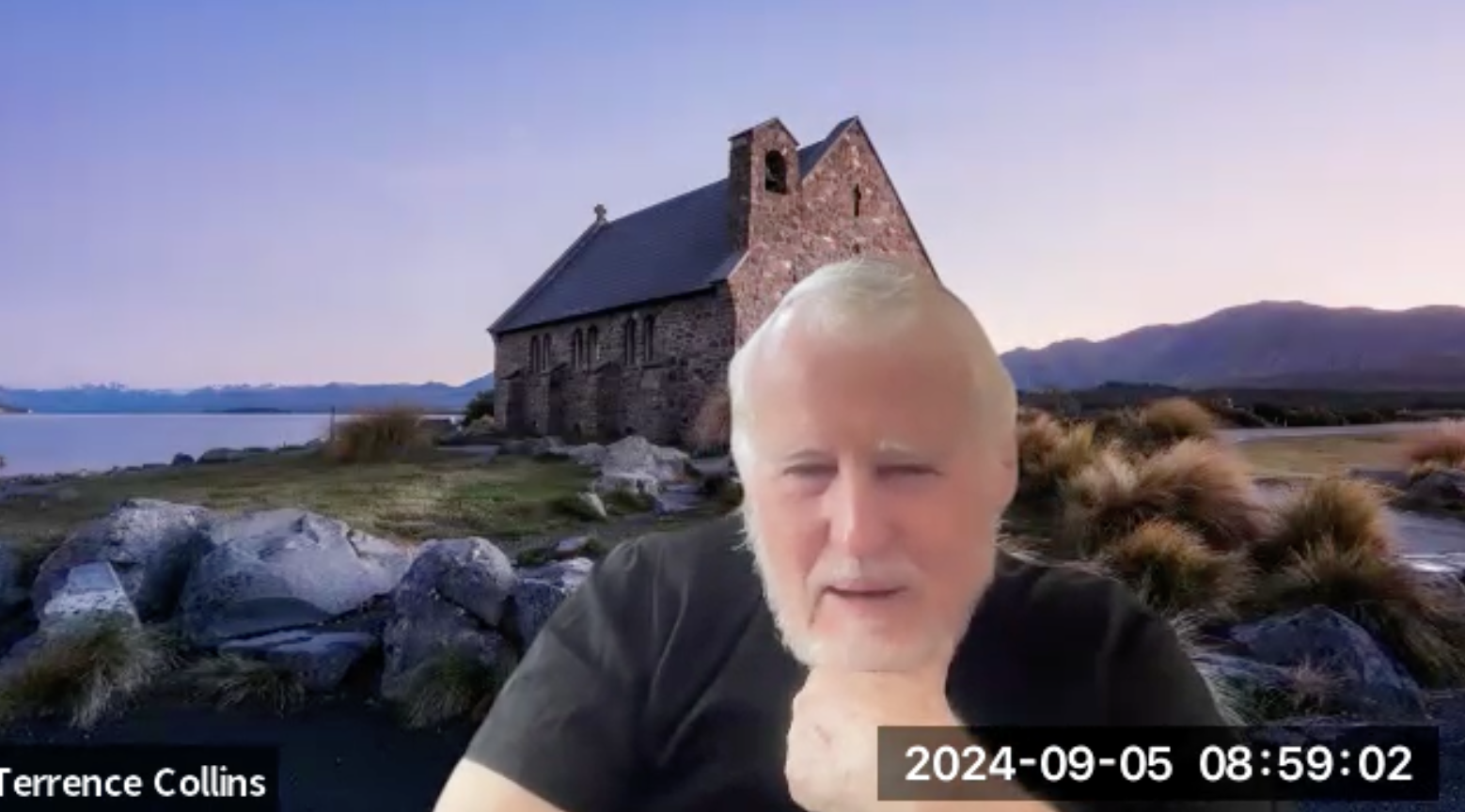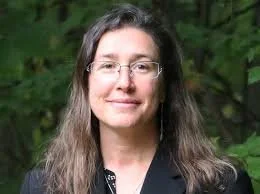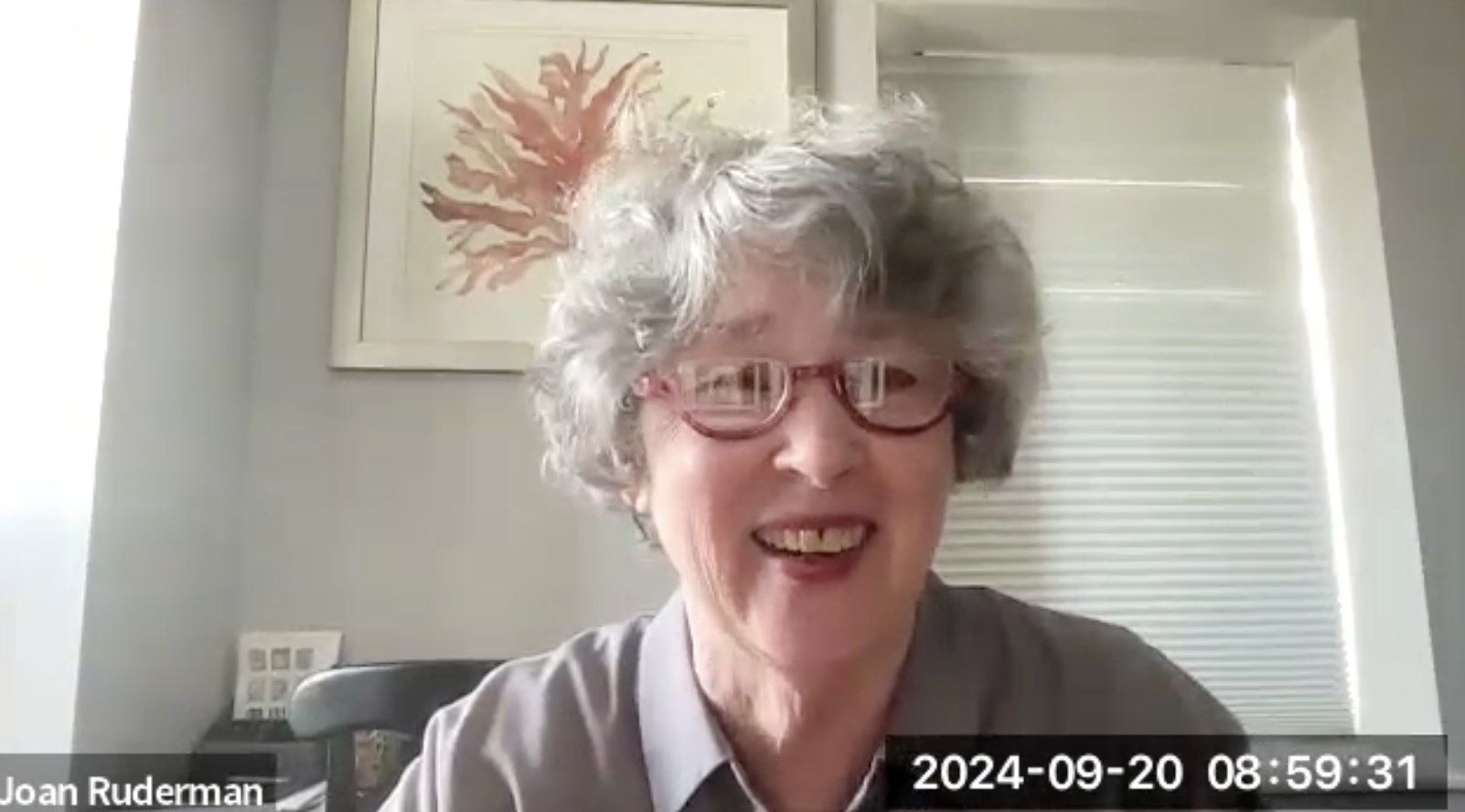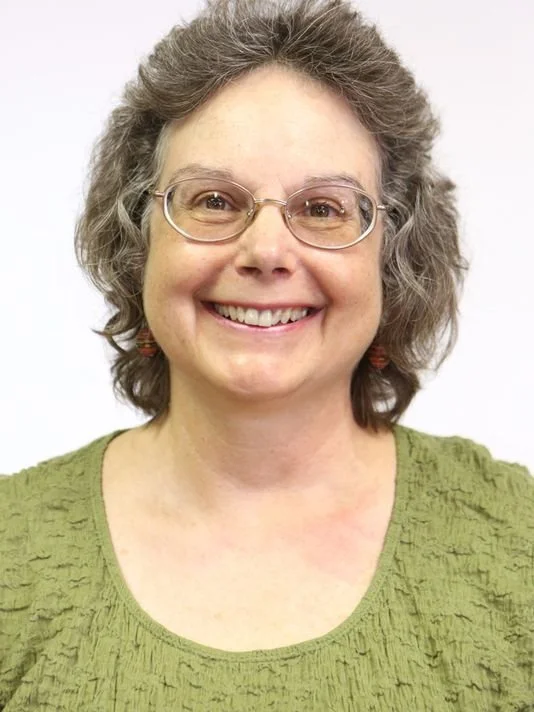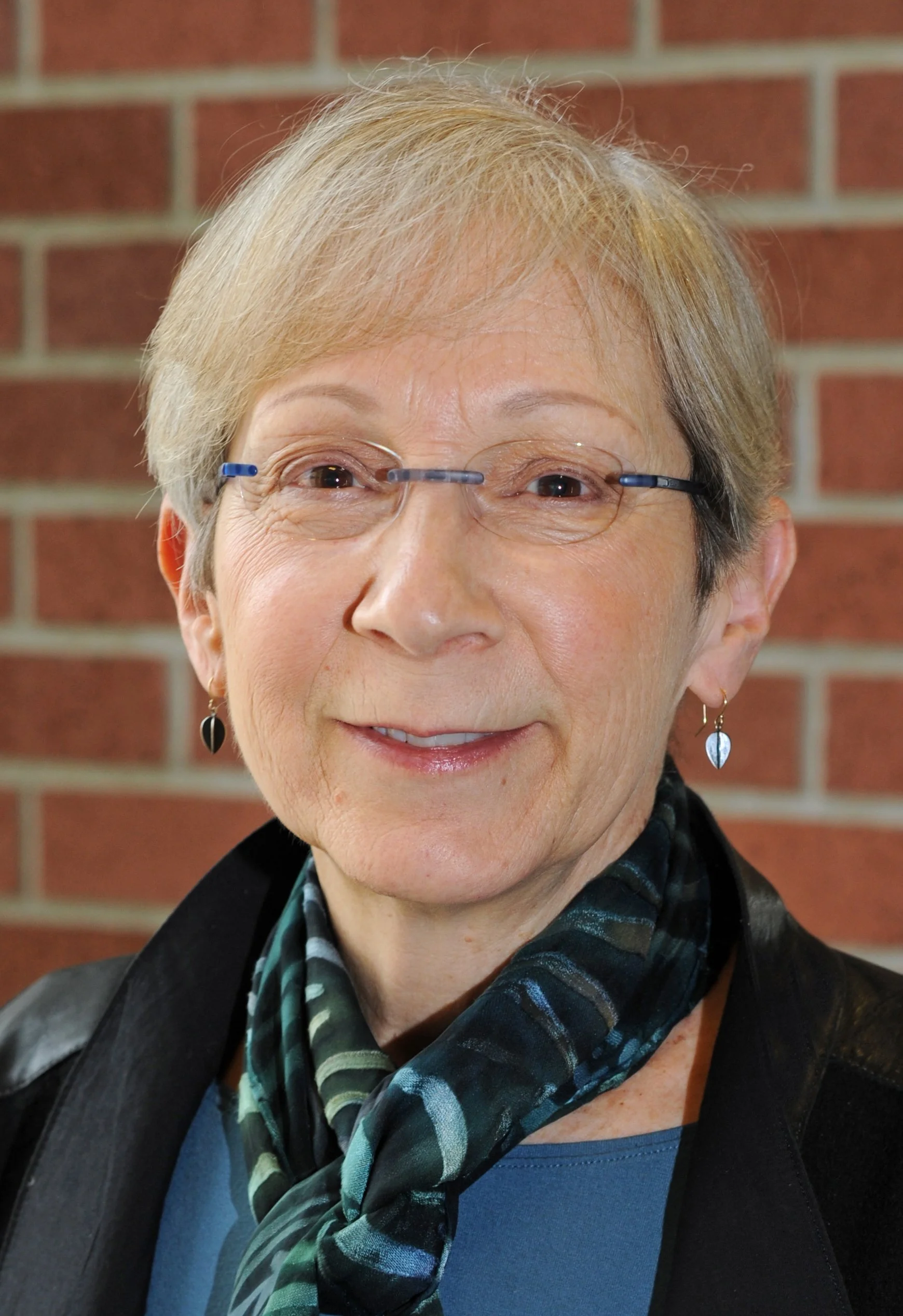One day, I woke up to a world where my beloved daughter Katherine was dead at age eight subsequent to a horrific fight against leukemia caused by unwitting exposure to pesticides. And however much I hoped that things could be different, that she could somehow return – or that I could somehow do something to heal and resurrect her – or that time could run backwards, the following day I again woke to a world without her, which was in my heart a bleak, dystopian, post-apocalyptic landscape. Every day since then, I have woken to that same grim reality. How many times have I had to endure the same dawning realization as I woke and realized she was gone forever?
One day, I woke to realize that I now live in the American equivalent of 1937 Germany. And however much I hoped that things could be different, that the results were not all in or that we could somehow do something to persuade people of the reality they had voted for or that time could run backwards, the following day I again woke to a world where democracy and peace are perishing, which is in my heart, and those of many others, a bleak, dystopian, post-apocalyptic landscape. Every day since then, I have woken to that same grim reality. How long will this reality persist? Given the exigencies of climate change, are the fruits of civilization gone forever?
Unfortunately, most Americans are still fully asleep or in denial about who their chosen candidate and his lackeys are. I know because I have talked to them. It is a puzzle what it will take to awaken them. Do they realize they have voted against humans and every ecosystem on the planet? What climate catastrophe could possibly be enough after Katrina, Harvey, Sandy, Helena, Paradise, and Lahaina? Will they have to be pulled into American Buchenwald and shown the stiff corpses stacked like cordwood? I have a feeling that many, even then, would choose denial or indifference. This, even though Elie Wiesel described indifference as not only a sin but a punishment.
The rest of us realize what is happening and must choose to resist, to behave differently from our neighbors and family members whom we can no longer excuse or palliate.
A dear friend who is career Army and speaks highly of his tribe said it best, when I asked him, because of the split among our friends, “How should one relate to once beloved friends and family members who are now effectively Nazis, especially those who do not have the excuse of extreme age or youth or incapacity?” He articulated it better than I could have:
I wish I knew the answer to your question. I can’t quite conclude that Trump voters are nazis, but there is definitely a serious moral gap between me and them. Period. I’ve exhausted all possible excuses and there is no more benefit of the doubt to be given. Voting for Trump is a betrayal of the American national morality, which is based on the constitution and centered on Enlightenment principles and an aspirational approach to human coexistence. It has never been perfect, but that fits our species. This is a moral step backwards, an embrace of thuggery, despotism, mob-mentality bullying, and the intentional destruction of something beautiful. It is vandalism of the world’s hope [emphasis mine]. How do I reconcile that willful act of ugliness coming from people I love? I don’t know yet, but my thoughts are dark and sad.
Vandalism of the world’s hope indeed: the world’s hope for peace, for justice, for protection of the vulnerable, for action on climate change and environmental contamination, which threatens every one of us, as well as civilization itself.
The wisest thing I have heard in the wake of the election, though not necessarily the most comforting, came from my friend Rita, a brilliant Catholic and Benedictine theologian specializing in Muslim-Christian dialogue. She said we actually have to reject the Benedict Option – seceding from a failing civilization to form a closed community on a mountaintop – some version of which I had been favoring. She said instead, we should consider the Catholic principle of subsidiarity, a main point of Catholic Social Teaching that says that we can control what we can control on the state, town, community, family level, that we cannot abandon the fight and that we still have an obligation to others, that we should seek to understand our enemies. She is far more genuinely Christian than I, it should be said, and I love her for it.
So I suppose that even though MAGA will suck the life out of the 2016 Paris Agreement by withdrawing, we can still choose to buy solar panels and invest in geothermal heating and cooling. We can still minimize our purchases by resupplying at thrift stores or using Buy Nothing “Your Town Here” on Facebook. We can organize our towns to oppose mosquito spraying and lawn chemicals, which directly poison our children – whom one assumes all people – even Trump supporters – value – at least their own, if not others.’
Even though Trump will likely soon dismantle the federal advisory committee to the EPA on which I serve in order to help protect children – the CHPAC – I can still stay in touch with the science and activist heroes who compose it, even though our advice will not be acted upon by the federal government, even though industry hacks will now have greater free rein than ever. I can still write my next book, Poisoning Children, even if it is more a record of how we went wrong rather than an inspiration for how we can manage to succeed.
Even though the United States may soon begin spending immense amounts of tax dollars on imprisoning those who are undocumented – or even legal immigrants – we can imagine how we can shelter the persecuted or protest the conditions of their incarceration.
Martin Luther King reminds us of this in his great Letter from a Birmingham Jail:
We should never forget that everything Adolf Hitler did in Germany was "legal" and everything the Hungarian freedom fighters did in Hungary was "illegal." It was "illegal" to aid and comfort a Jew in Hitler's Germany. Even so, I am sure that, had I lived in Germany at the time, I would have aided and comforted my Jewish brothers. If today I lived in a Communist country where certain principles dear to the Christian faith are suppressed, I would openly advocate disobeying that country's antireligious laws.
So many among us – even those we love – have utterly lost their moral compass and sense of civic duty. We now all know supposed Christians who urge the exact opposite of “feed the hungry, house the homeless, clothe the naked, visit those who are sick and in prison” (Matthew 25: 35-40). I will add from the Benedictine tradition, because I have come to love it, “welcome the stranger as Christ.”
They voted this way, on supposed economic grounds, even when they themselves live in comfort and have ten times the amount they need: “if you have two coats, give one away” (Luke 3:11). I will keep forever in my heart Tim Walz’s line, responding to those who said he was too generous as Governor of Minnesota: “What a monster. Kids are eating, eating and having full bellies so they can go learn, and women are making their own health care decisions…. So if that's what they want to label me, I'm more than happy to take the label."
Sadly, in the current environment, it is courage to say one should care for others rather than just looking out for the next buck, rather than cheating the system for personal gain, rather than voting for the devil under the illusion of economic advantage even though the economy has scarcely ever been better. Mother Teresa purportedly said that “true poverty is when a child must die so you can live comfortably.” I count MY child, my Katherine Rebecca, among this number of children who have died for others’ mere comfort – but they are many.
Though I am no expert, I know many Christians and Muslims and Buddhists and Jews and Sikhs and Hindus and Pantheists and Humanists; and every great religion or ethical system I know believes basically the same way on these issues. There are moral tenets more enduring than political vagaries. To that I cling, despite losing nearly everything else.
I am tired. I am sad. I am disappointed in people. I am world weary. In many ways, I feel done with it all. But I am not done with my surviving children – and my students – and all the children now born into a world that shines less brightly for them than it did for me when I was a happy child. And for that reason, and because of the wisdom of many who have come before me, I cannot choose indifference – or inaction – however convenient that may soon become.





